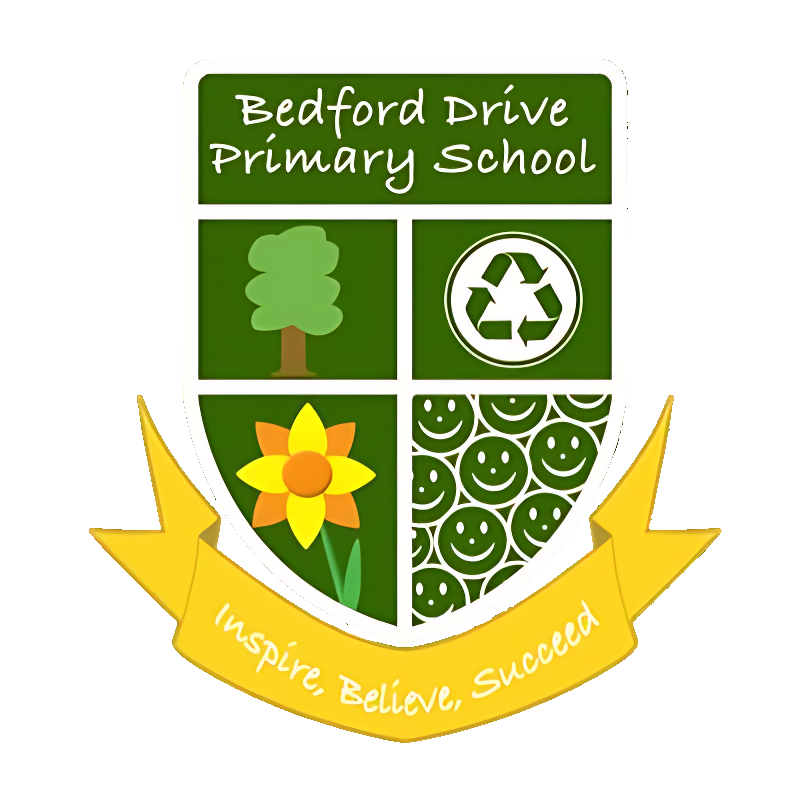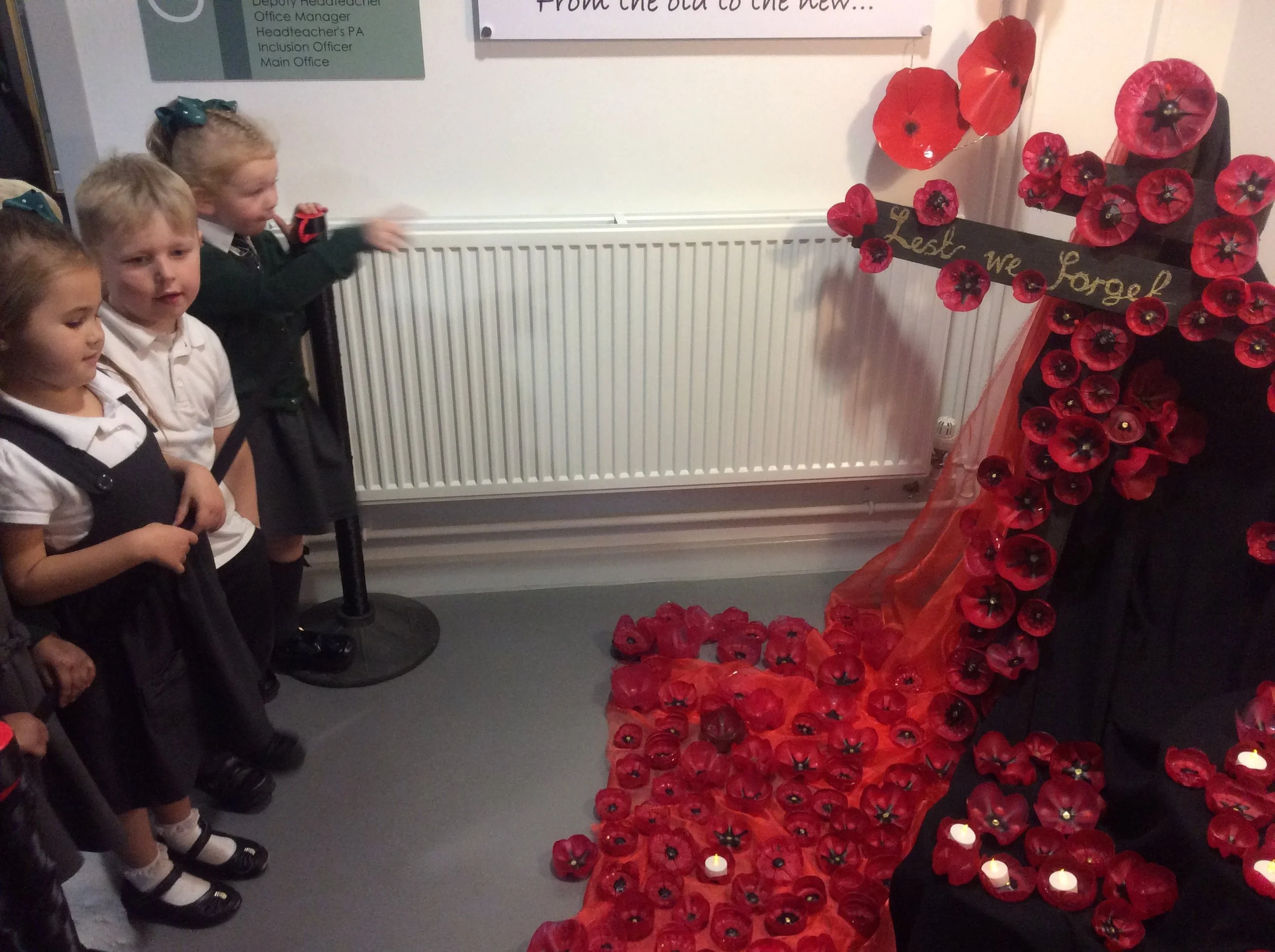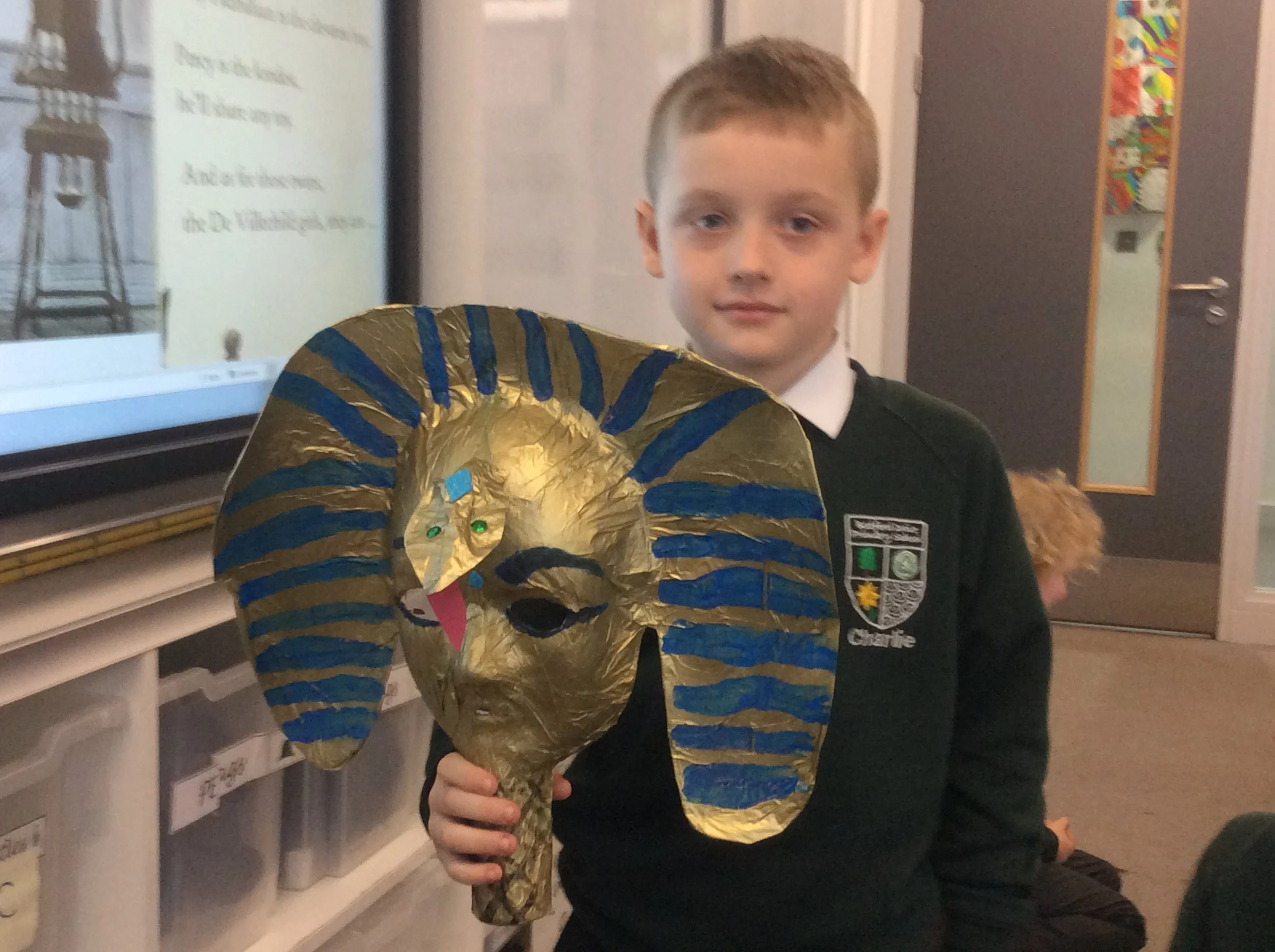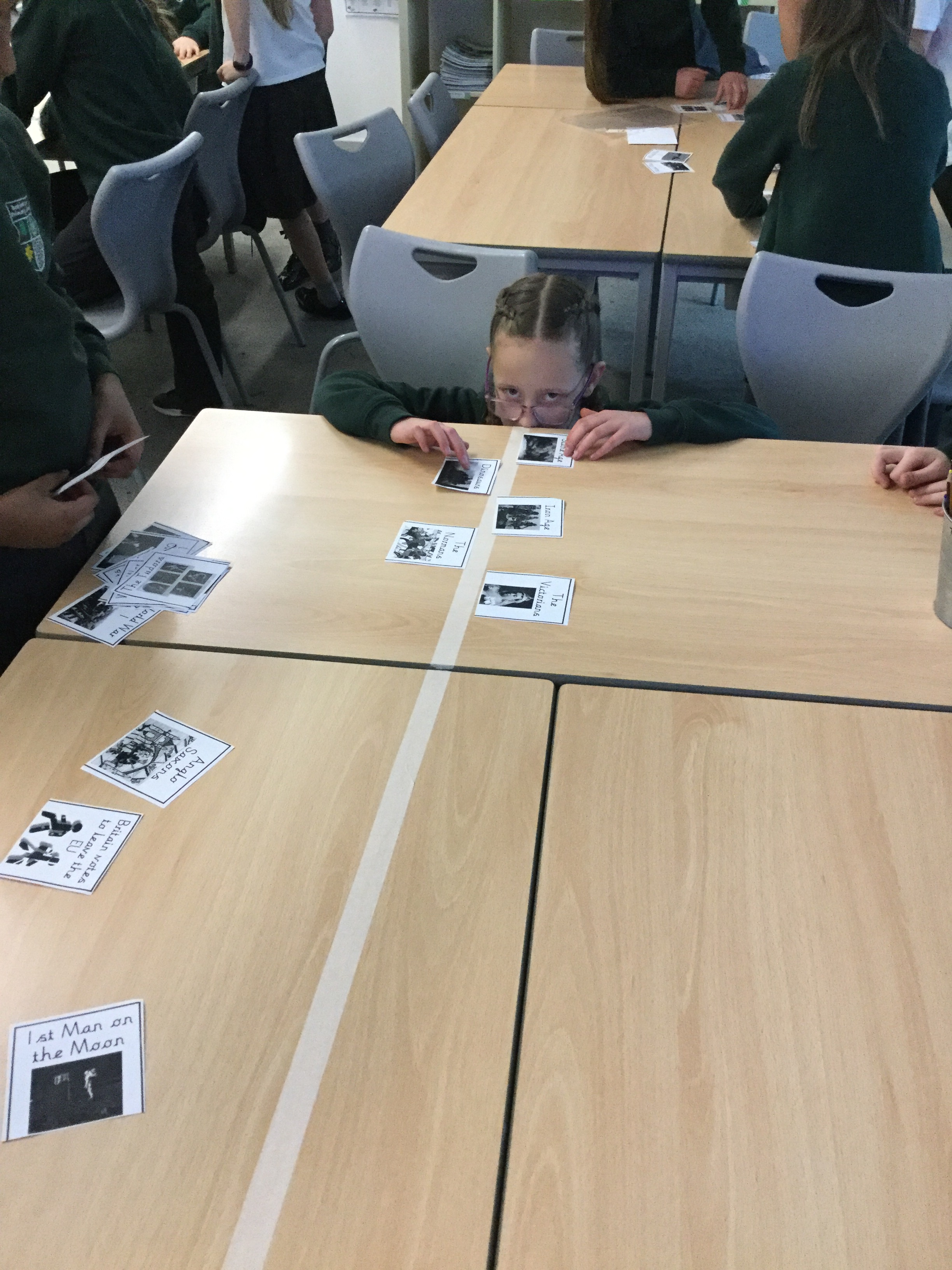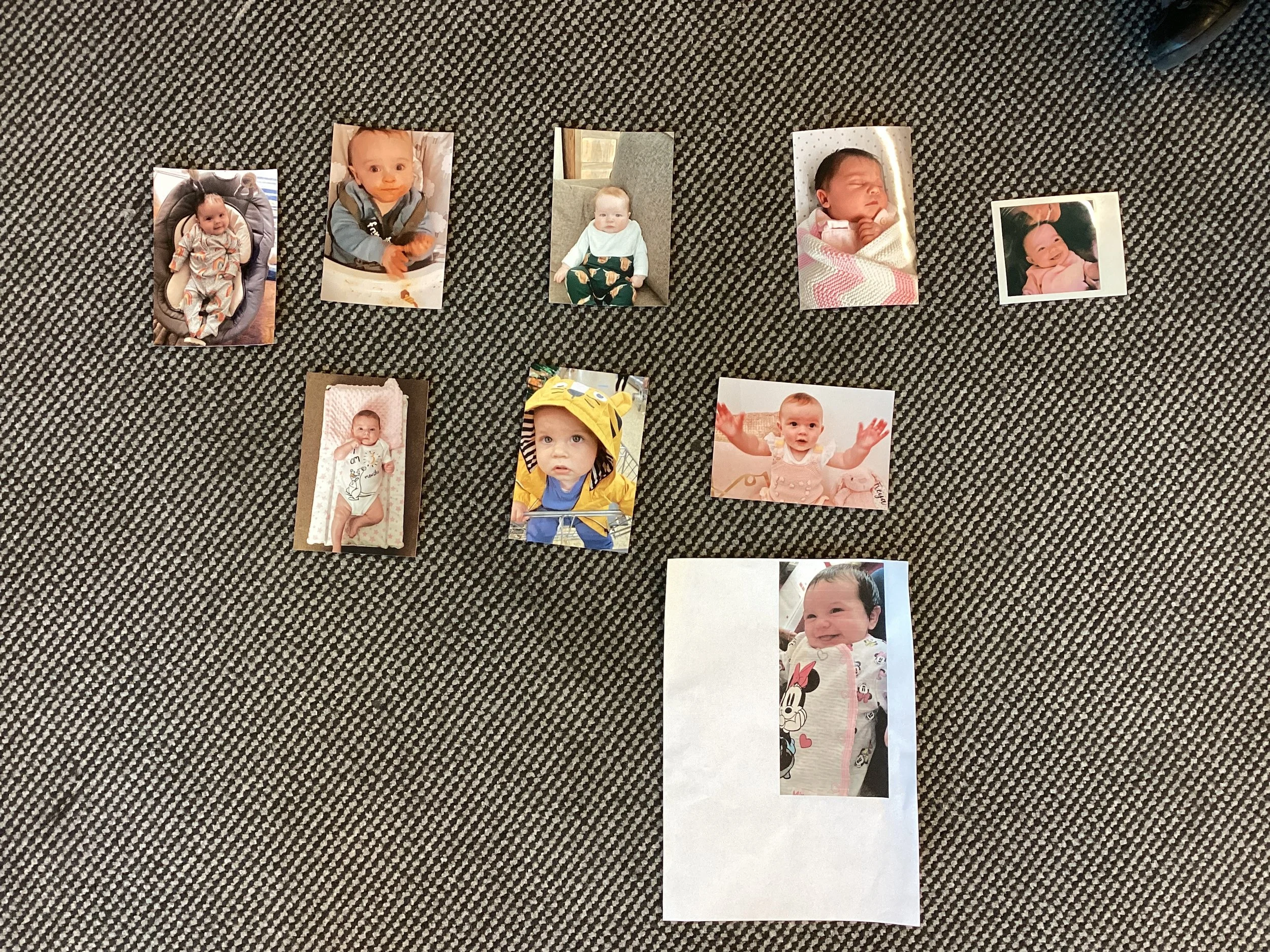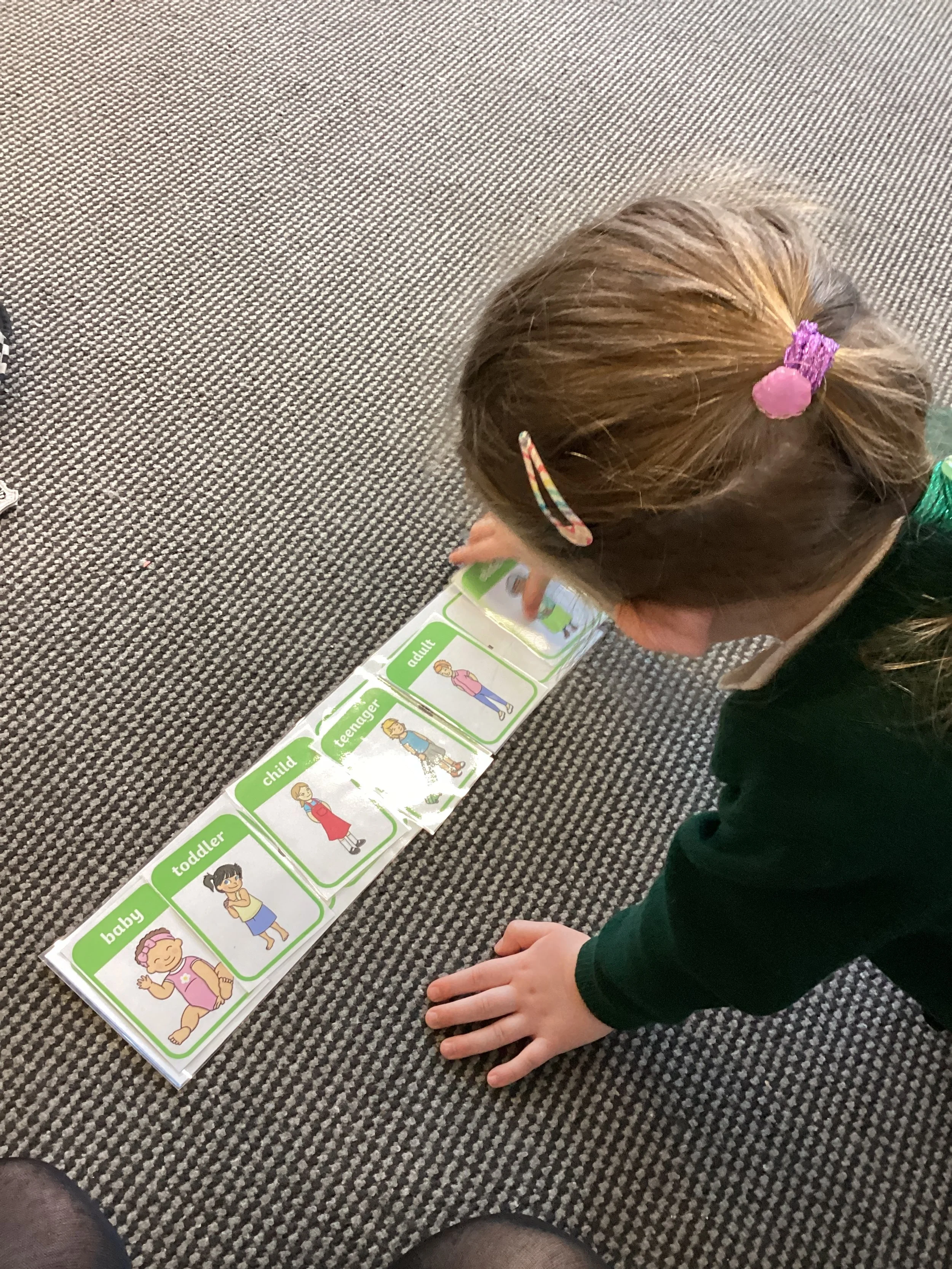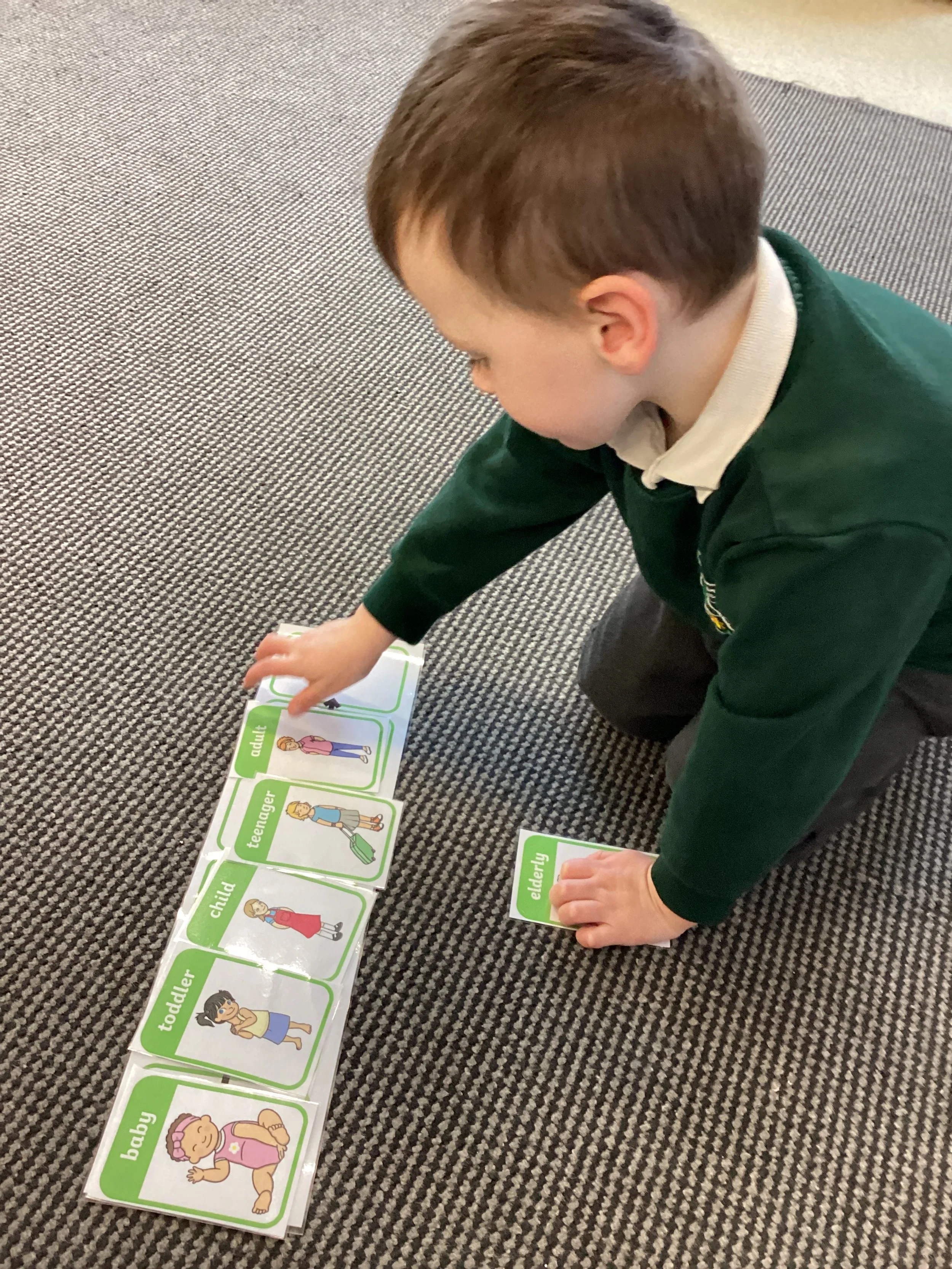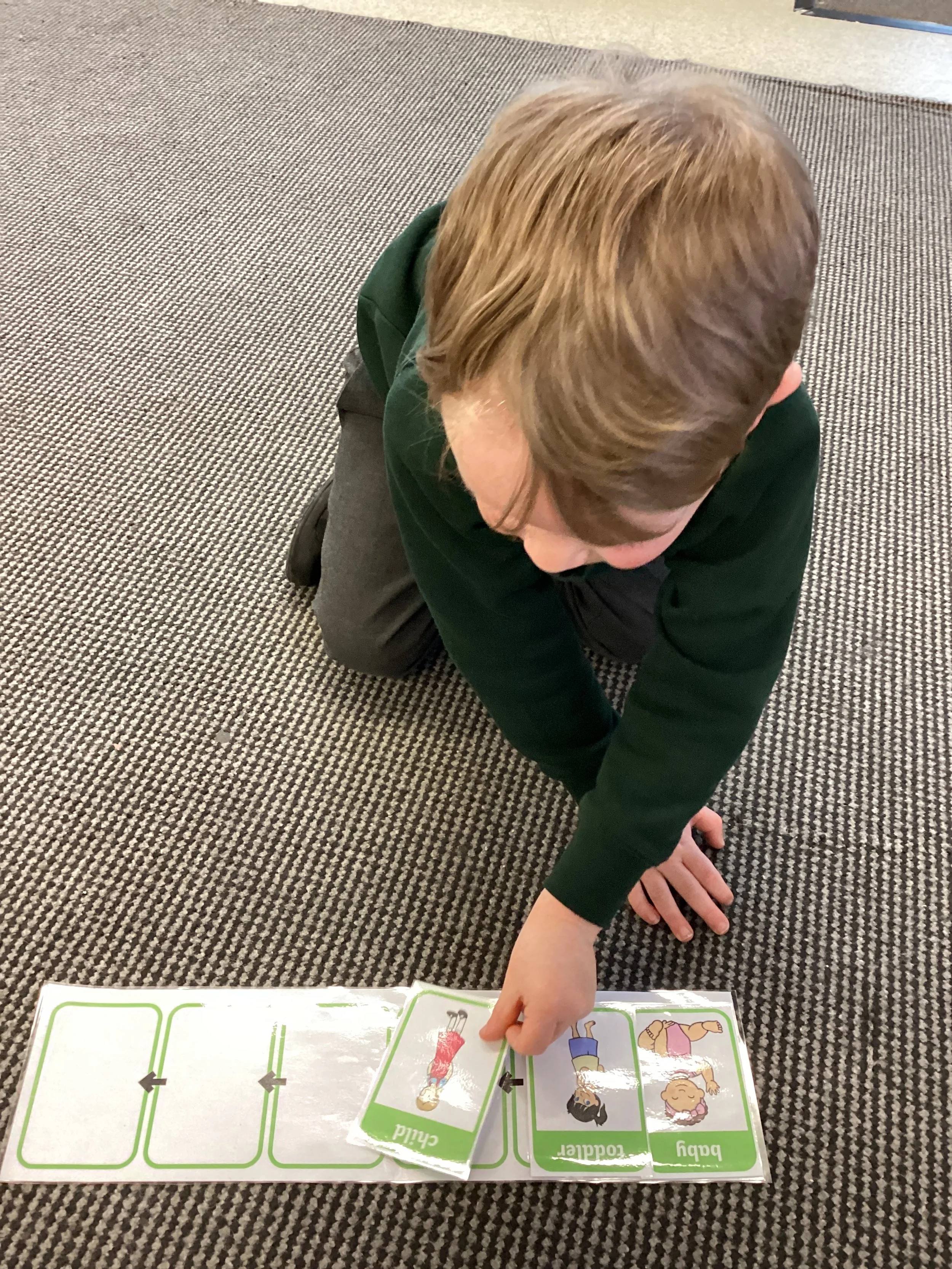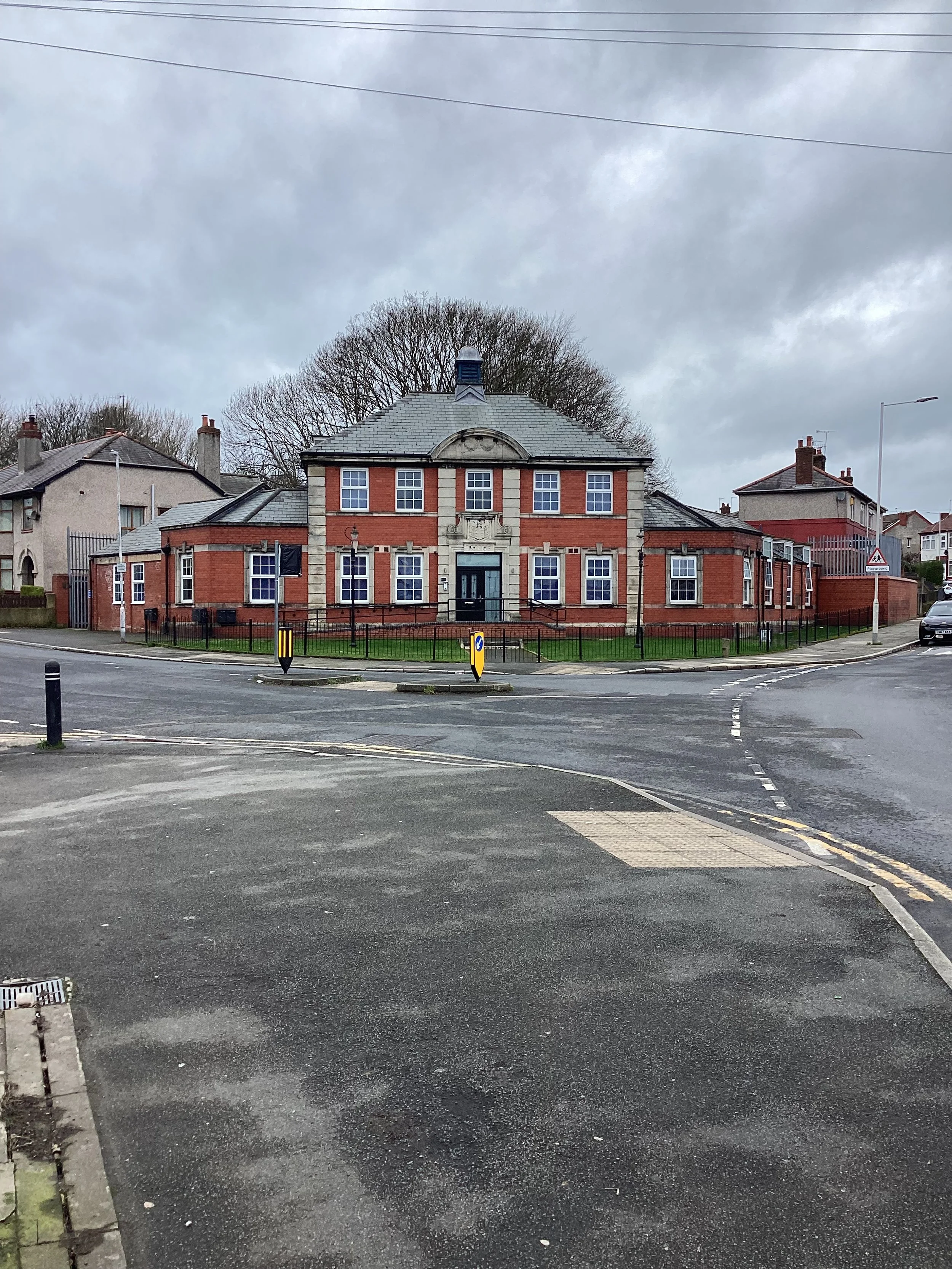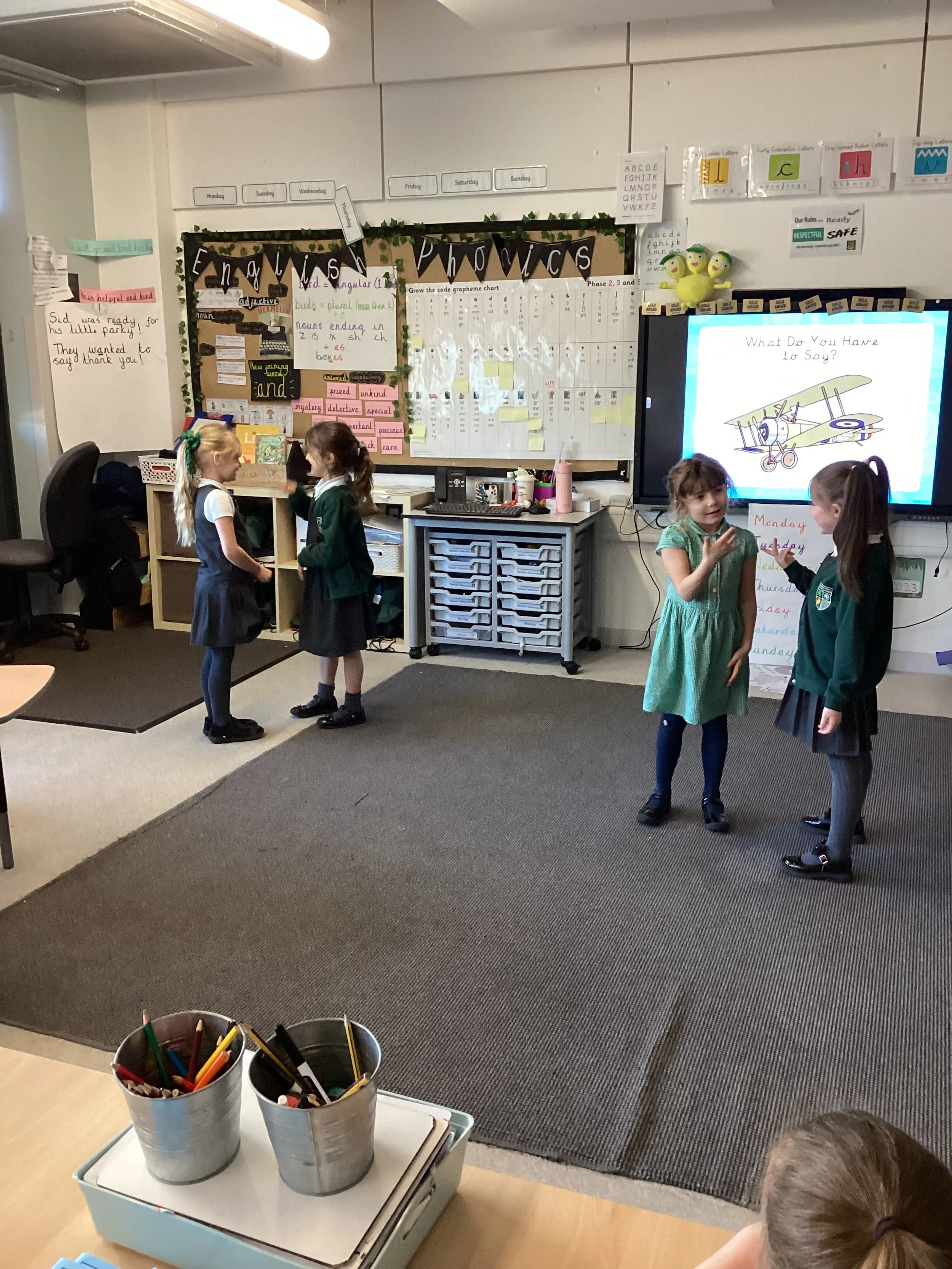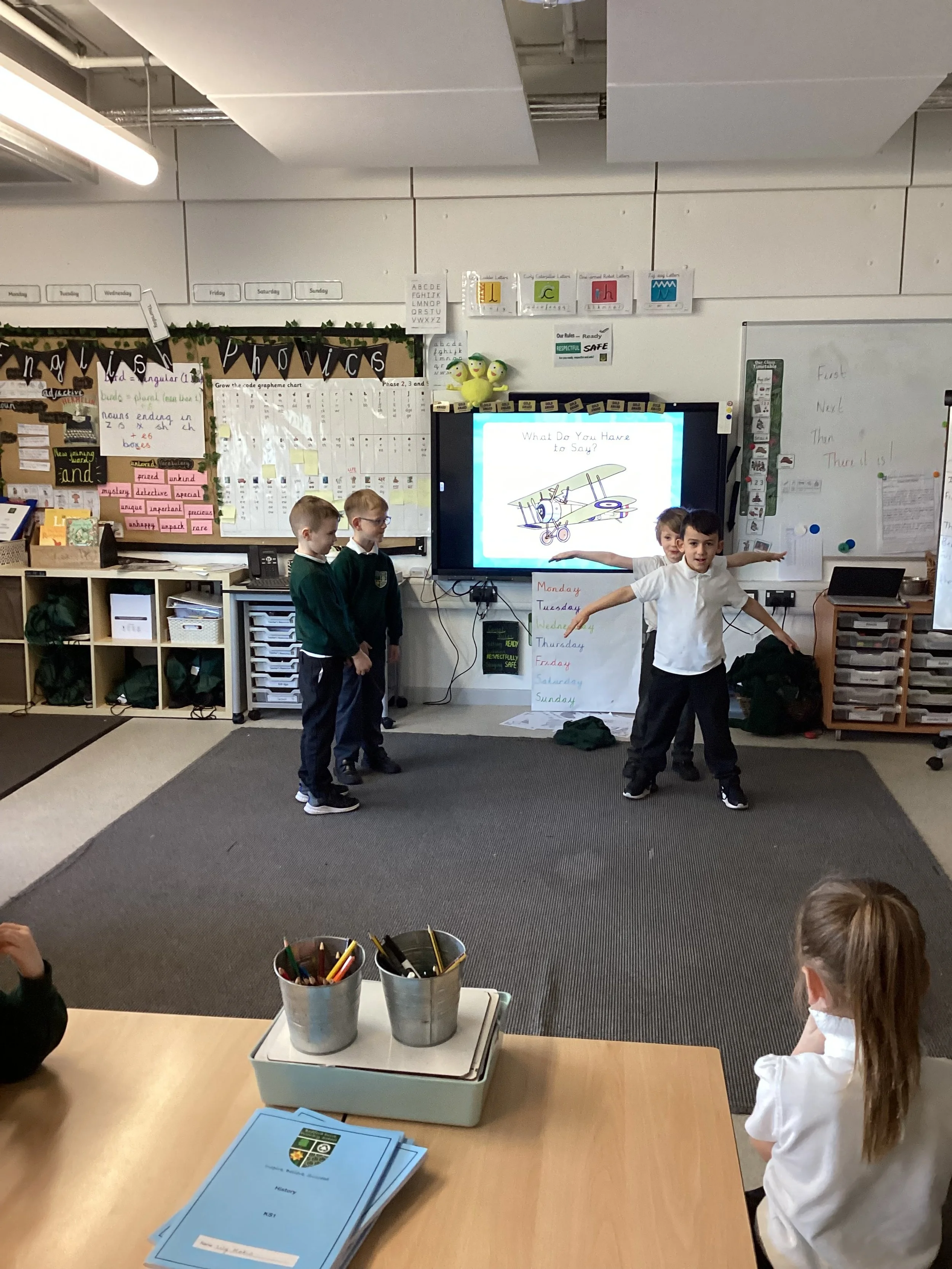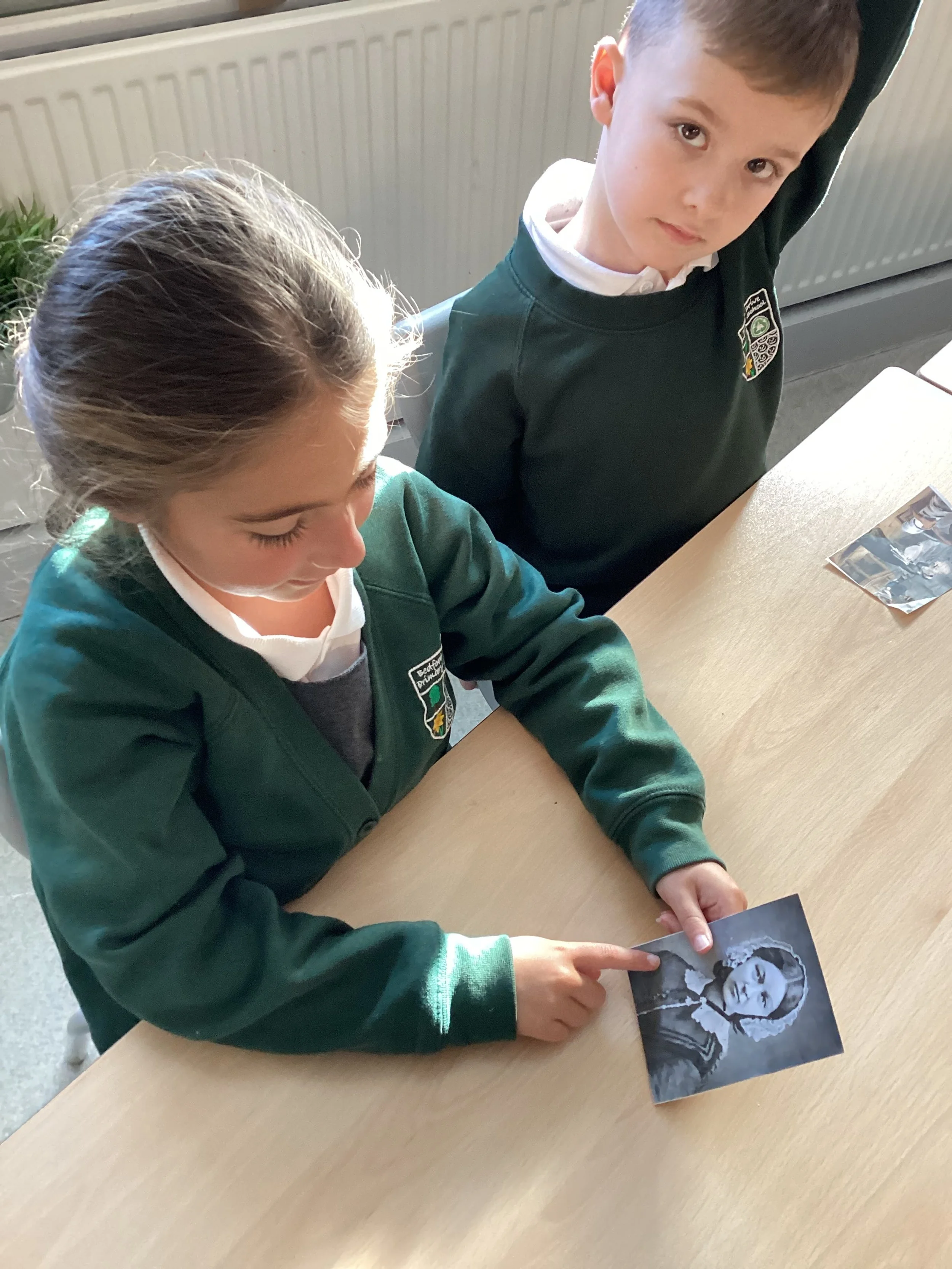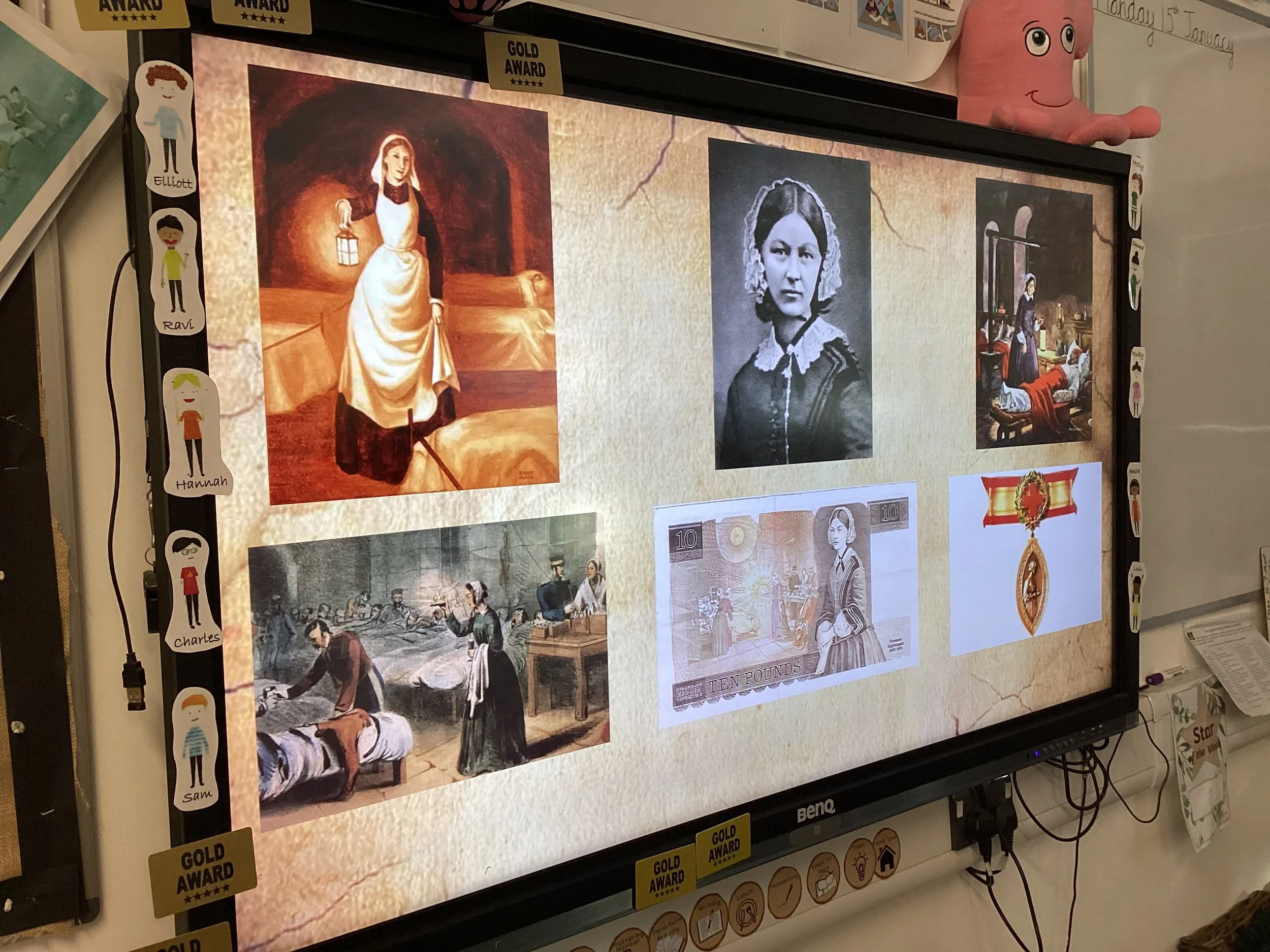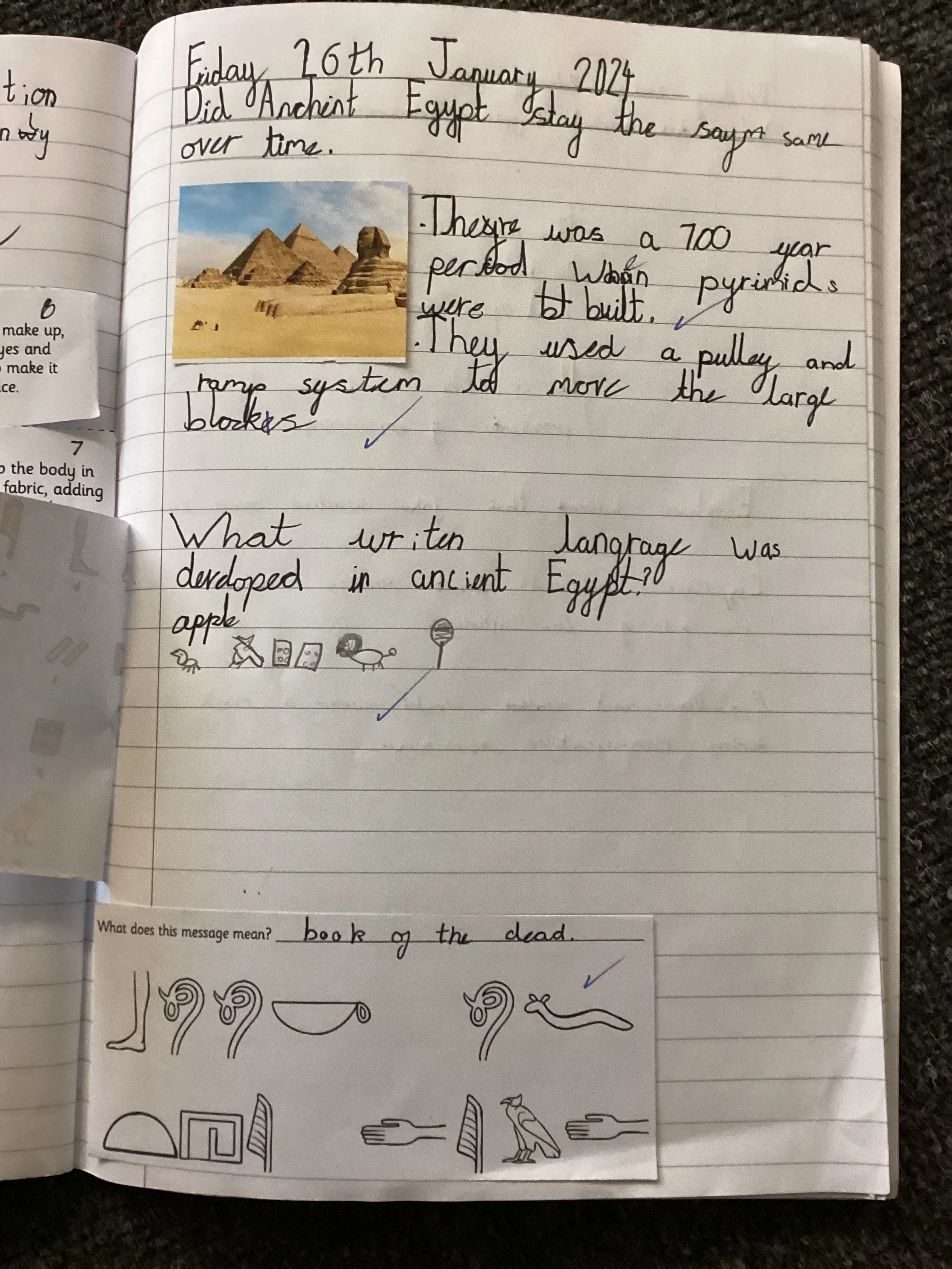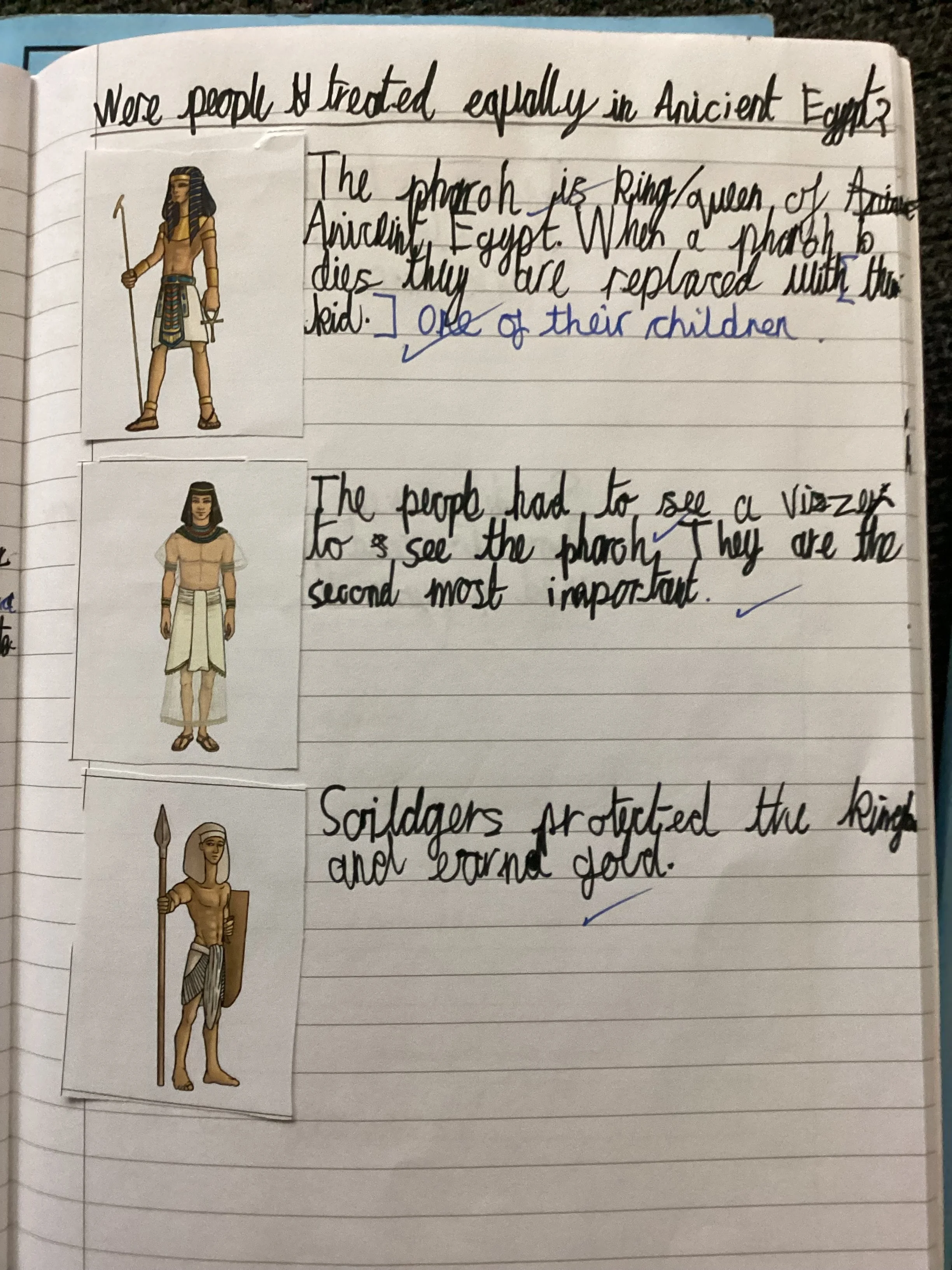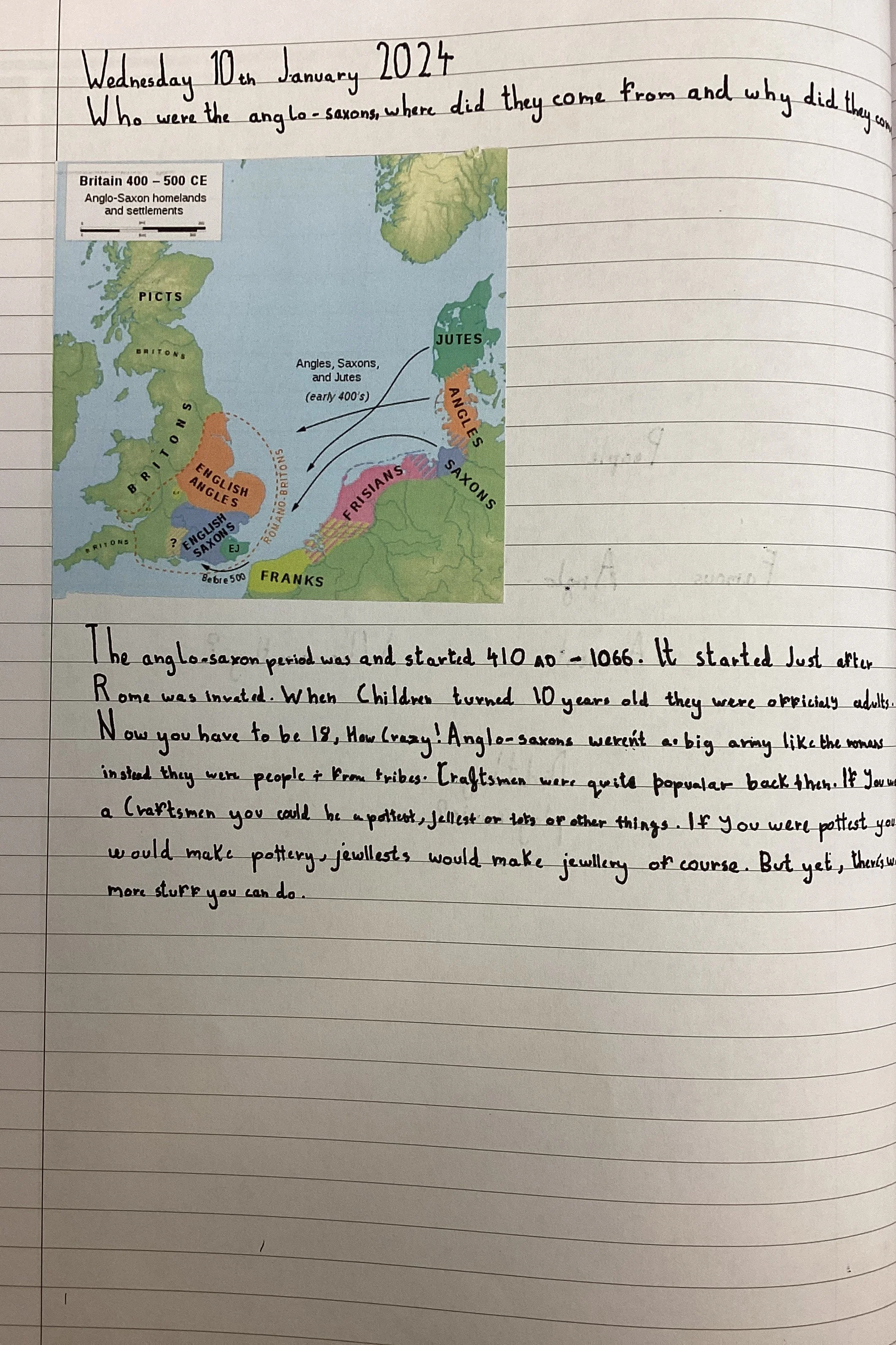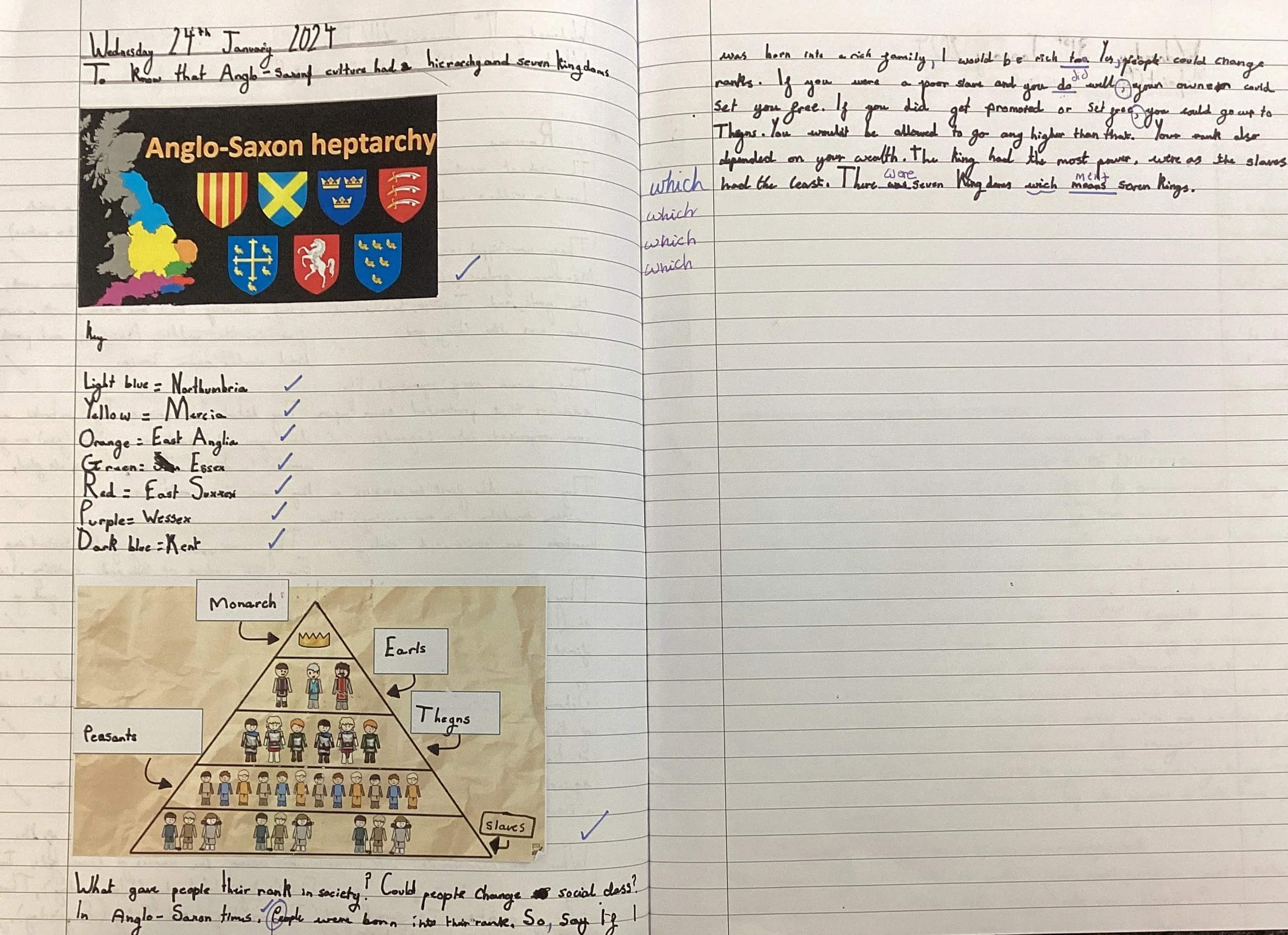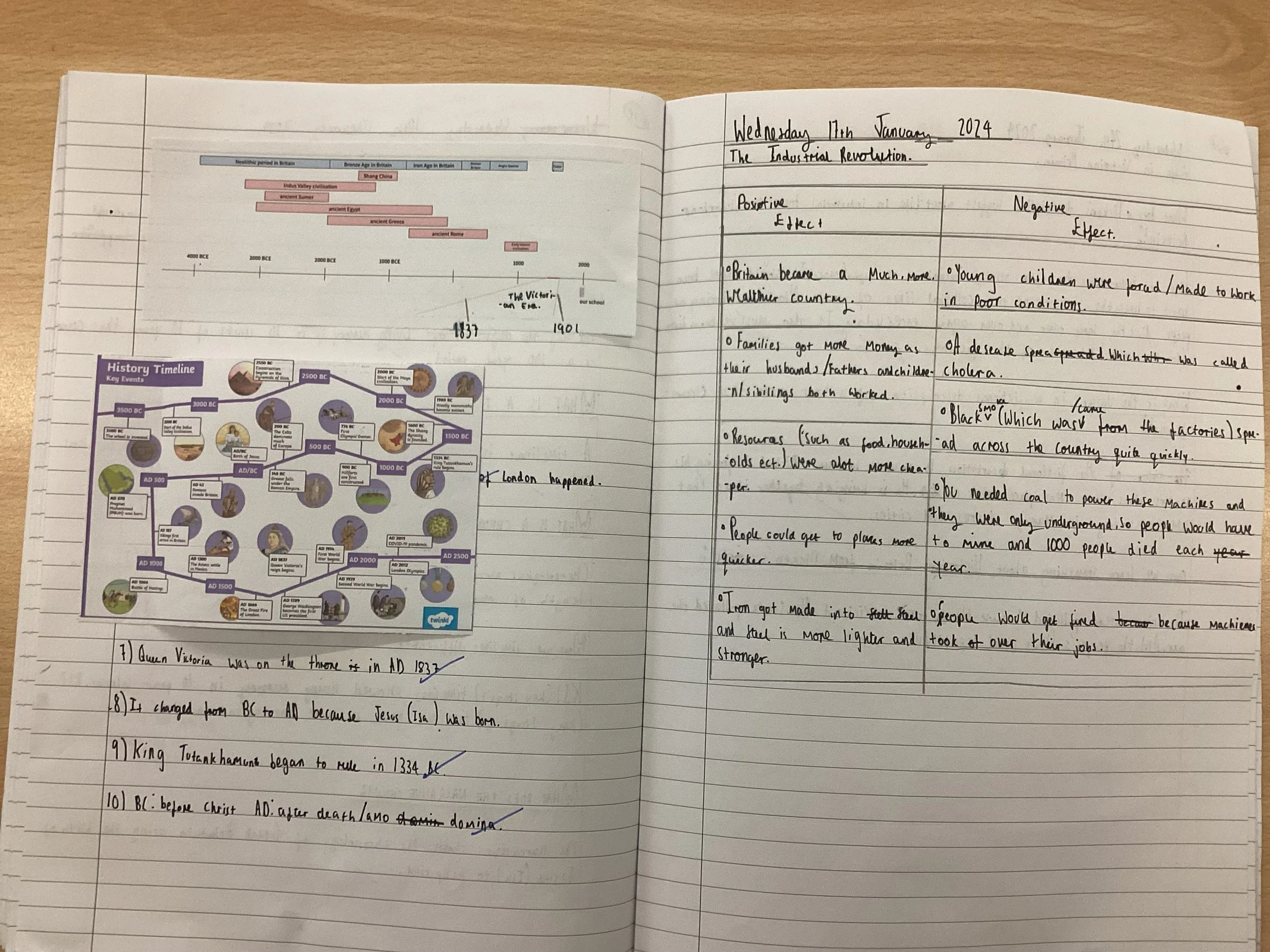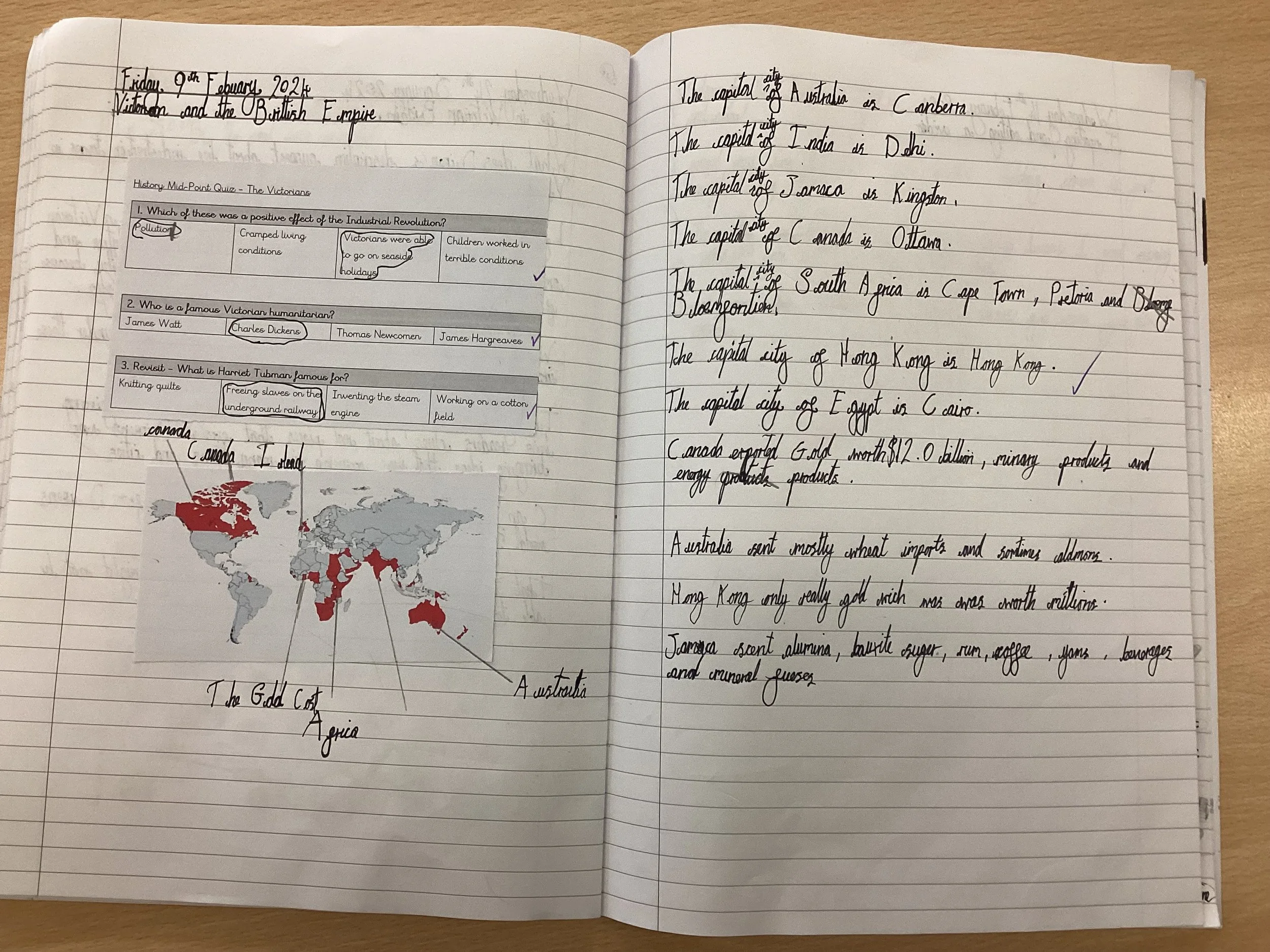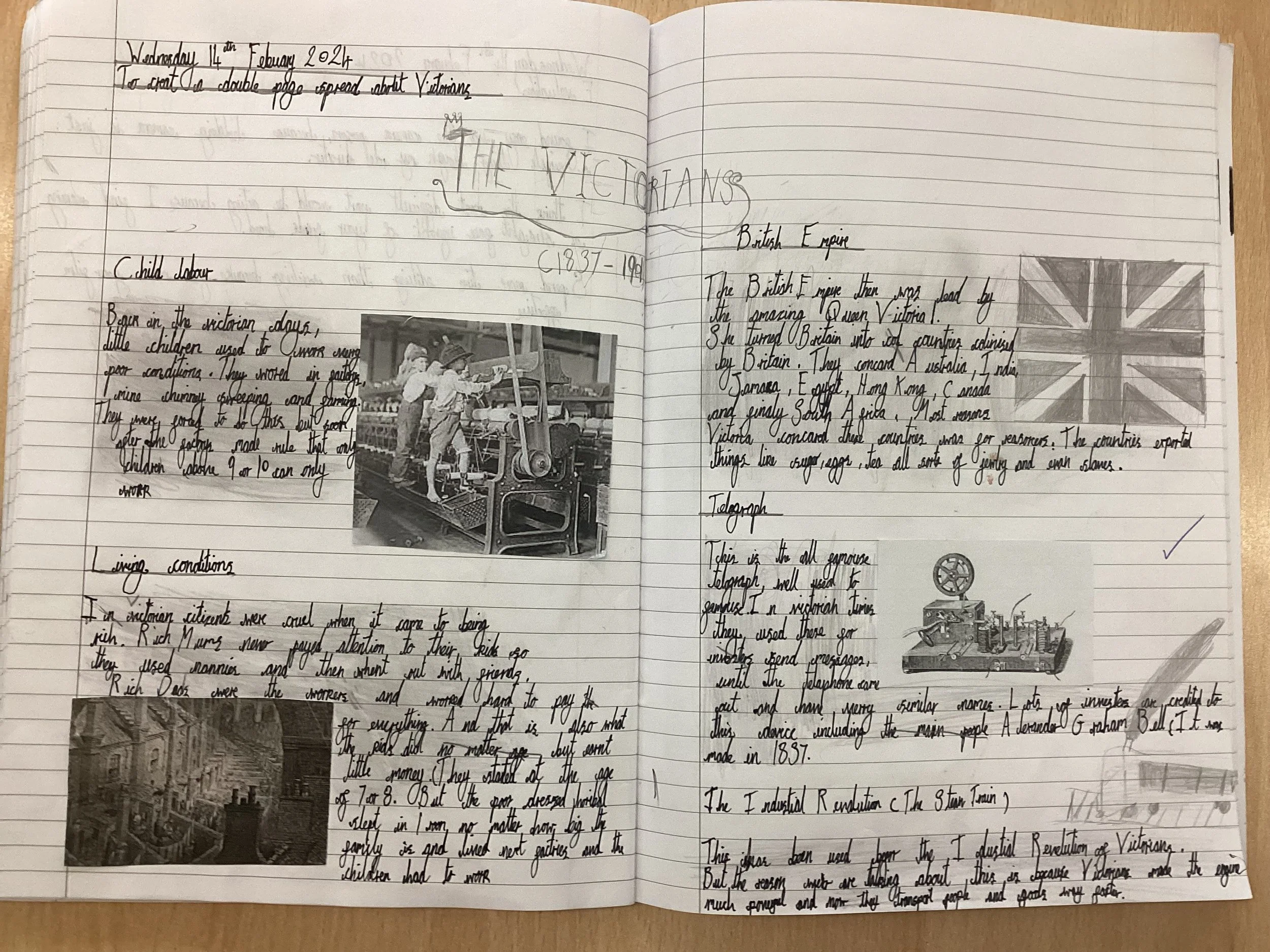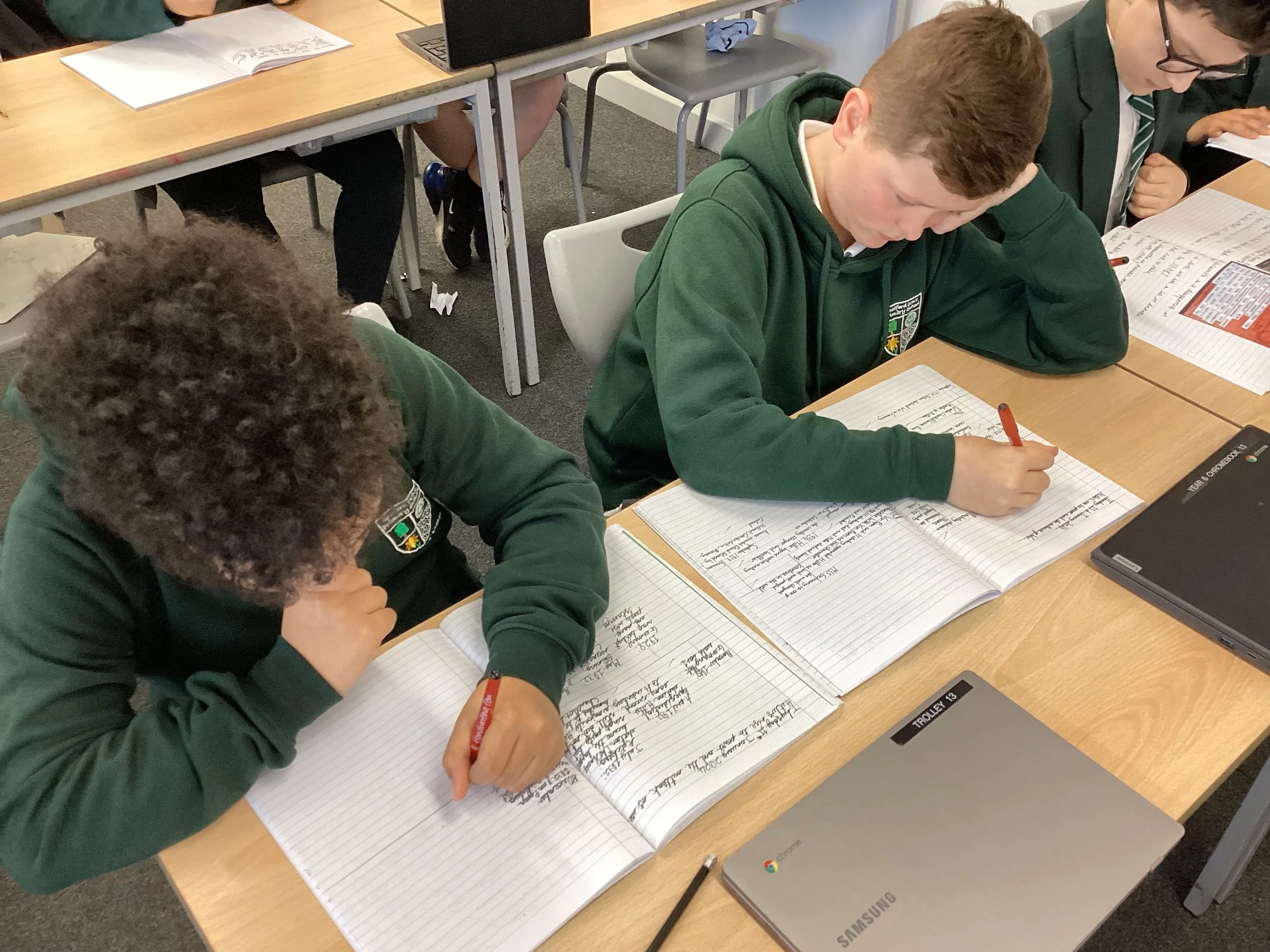History at Bedford Drive Primary School
“History is not a burden on the memory but an illumination of the soul.”
The school follow the National Curriculum for History as defined by the Department for Education. The National Curriculum for History aims to ensure that all pupils:
know and understand the history of these islands as a coherent, chronological narrative, from the earliest times to the present day: how people’s lives have shaped this nation and how Britain has influenced and been influenced by the wider world
know and understand significant aspects of the history of the wider world: the nature of ancient civilisations; the expansion and dissolution of empires; characteristic features of past non-European societies; achievements and follies of mankind
gain and deploy a historically grounded understanding of abstract terms such as ‘empire’, ‘civilisation’, ‘parliament’ and ‘peasantry’
understand historical concepts such as continuity and change, cause and consequence, similarity, difference and significance, and use them to make connections, draw contrasts, analyse trends, frame historically-valid questions and create their own structured accounts, including written narratives and analyses
understand the methods of historical enquiry, including how evidence is used rigorously to make historical claims, and discern how and why contrasting arguments and interpretations of the past have been constructed History – key stages 1 and 2
gain historical perspective by placing their growing knowledge into different contexts, understanding the connections between local, regional, national and international history; between cultural, economic, military, political, religious and social history; and between short- and long-term timescales.
We would like to share our work and learning
Foundation 1
In History, Foundation 1 have been learning about sequencing. The children have looked at photographs of different family members and sequenced them to understand the order of baby, child, adult. We have looked different houses and homes, past and present and used books and resources during Continuous Provision to explore learning further through role play.
Foundation 2
Reception have been learning about celebrations in the past. We have learnt about how families from different countries around the world celebrate birthdays, weddings and many other special holidays. We enhance our provision to support the learning in areas such as the home corner and the small world area.
Year 1
In Year 1, we have been looking at the history of transport. We explored how transport has changed over time, from the first journeys by foot and on donkeys, to the latest cars and aeroplanes. We studied the Wright brothers and evaluated their first aeroplane adventures. We enjoyed acting out how people at the time would have reacted to seeing such an invention in the sky! We also discussed how we use transport and how it can help us get to school or around our local area. Lots of us get to school in different ways.
Year 2
In Year 2 we have been looking at nurses in history. We learnt about the amazing lives of Florence Nightingale, Mary Seacole and Edith Cavell. We looked at the similarities and differences between the lives of these nurses and the impact that they all had on the history of nursing.
Year 3
Year 3 really enjoyed their unit of work on Ancient Egypt! They learnt about how important the River Nile is and found information around the room about how the Ancient Egyptians used the Nile for trade, farming and food. Children used the information found to create a fantastic waterfall booklet. We followed step-by-step instructions, which helped us to really understand and learn the mummification process!
Year 4
In Year 4, our history unit has focused on the impact of the Anglo Saxons on ancient Britain. We began our unit at the end of the Roman Empire and the arrival of the Angles, Jutes and Saxons. We discussed and debated the reasons for their arrival to England and why they stayed. We then investigated what life was like for the ever day Saxon, and compared and contrasted it to the lives of people in Roman Britain. We then learned about the social structure of Anglo Saxon Britain and the existence of the heptarchic culture that led to conflict between the seven kingdoms. Next, we turned our attention to the archaeological remains of the past with a focus on Sutton Hoo - an ancient king’s burial site. We looked at the historical remains of the past and used them to make predictions and inferences about the people who lived at that time. Finally, we learned about the introduction of Christianity to the Anglo Saxons.
Year 5
Year 5 studied the Victorians. We looked at how the inventions of the Victorians were a part of the Industrial Revolution and began to change the shape of Britain. We discussed how the Industrial Revolution helped Britain become the powerful empire it was. We explored how the British Empire was a good thing as we had lots of countries we could trade with however it also meant we were a part of the horrific slave trade. The children looked at what it would be like to live in the Victorian era and discussed how children of the same age were expected to work in horrible conditions! We were shocked to discover that some children lost their lives at their place of work. We were all very thankful we didn’t have to share a room with our entire family unlike the Victorians who lived in cramped and dirty homes. The children then presented all of their knowledge in some fantastic double page spreads!
Year 6
Year 6 have been learning all about WWII – specifically, what were the causes and consequences of WWII. We have looked at Hitler’s rise to power and the outbreak of war, with a focus on Hitler’s ideologies and how he managed to amass such a vast army. The children produced a timeline which documented the events that led up to Britain declaring war on Germany. Next, our focus was on evacuation and rationing during WWII. We looked at why Germany targeted major cities and ports and due to this what happened to the women and children. We explored what life would have been like for a child during the war and the children produced a letter from the point of view of an evacuee child. Finally, we looked at the blitz of Liverpool and the end of the war. Year 6 thoroughly enjoyed learning about how our local area was impacted during the war. Year 6 have developed their skills at using primary and secondary sources to answer gather information about what people experienced and how people felt during the war.
